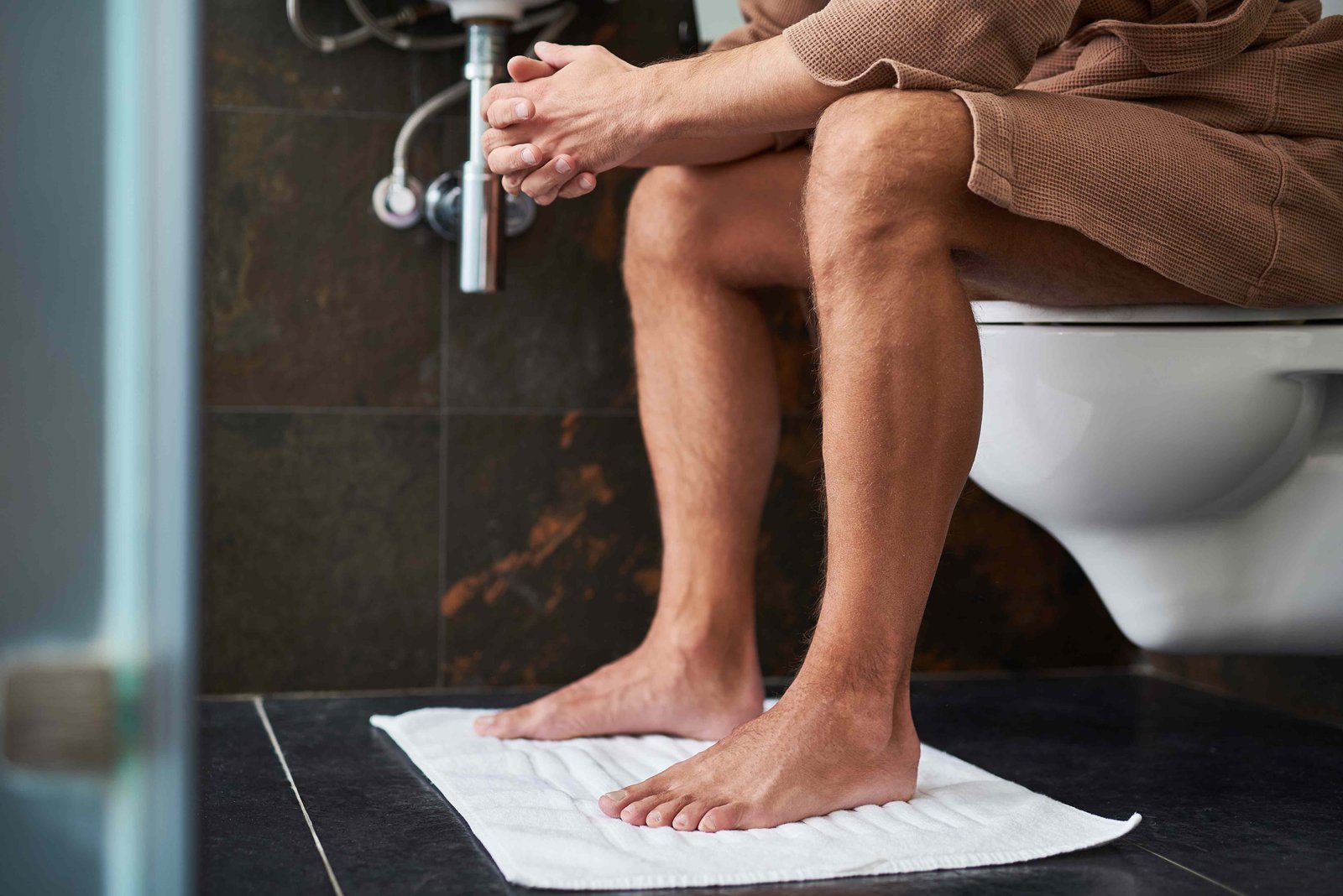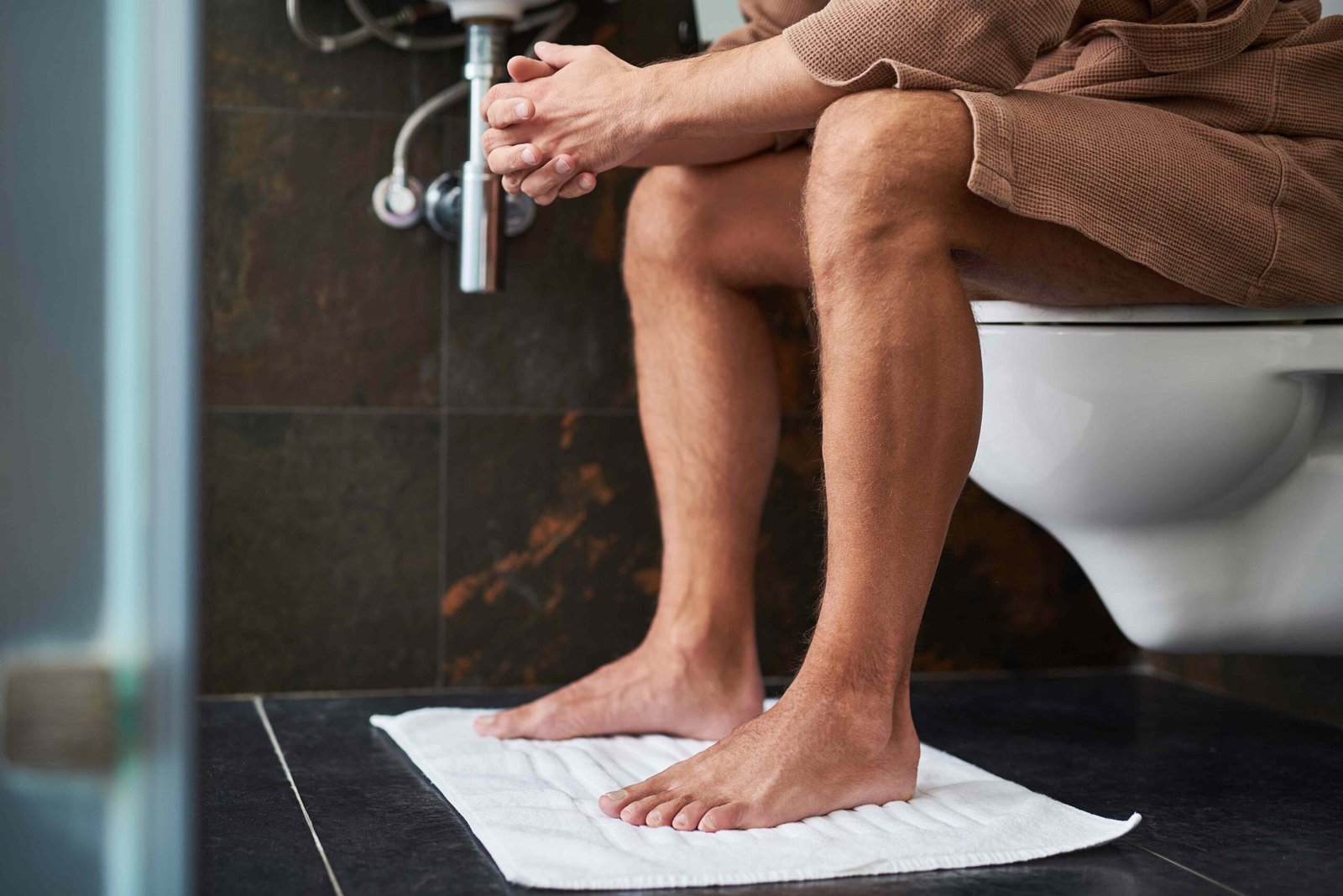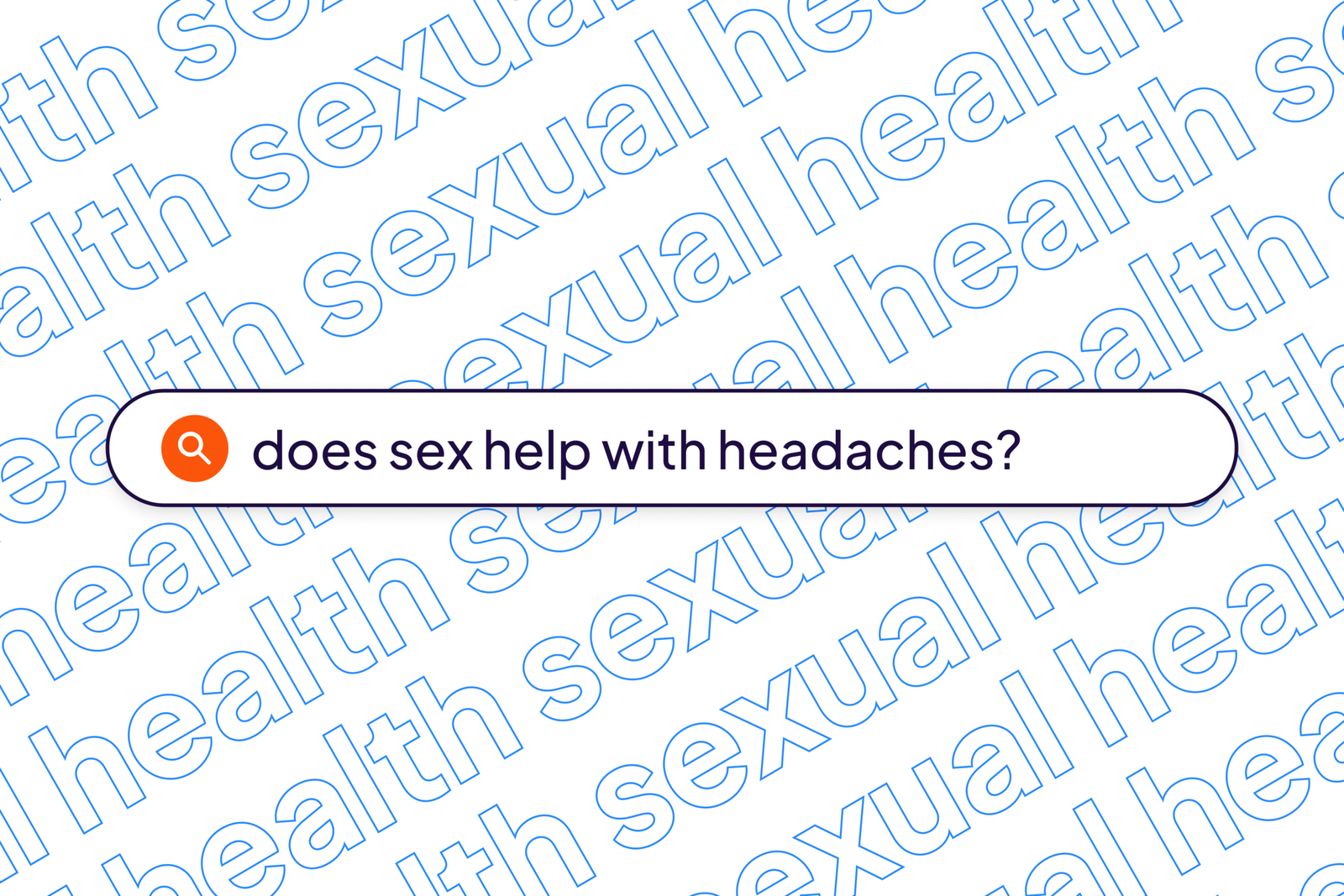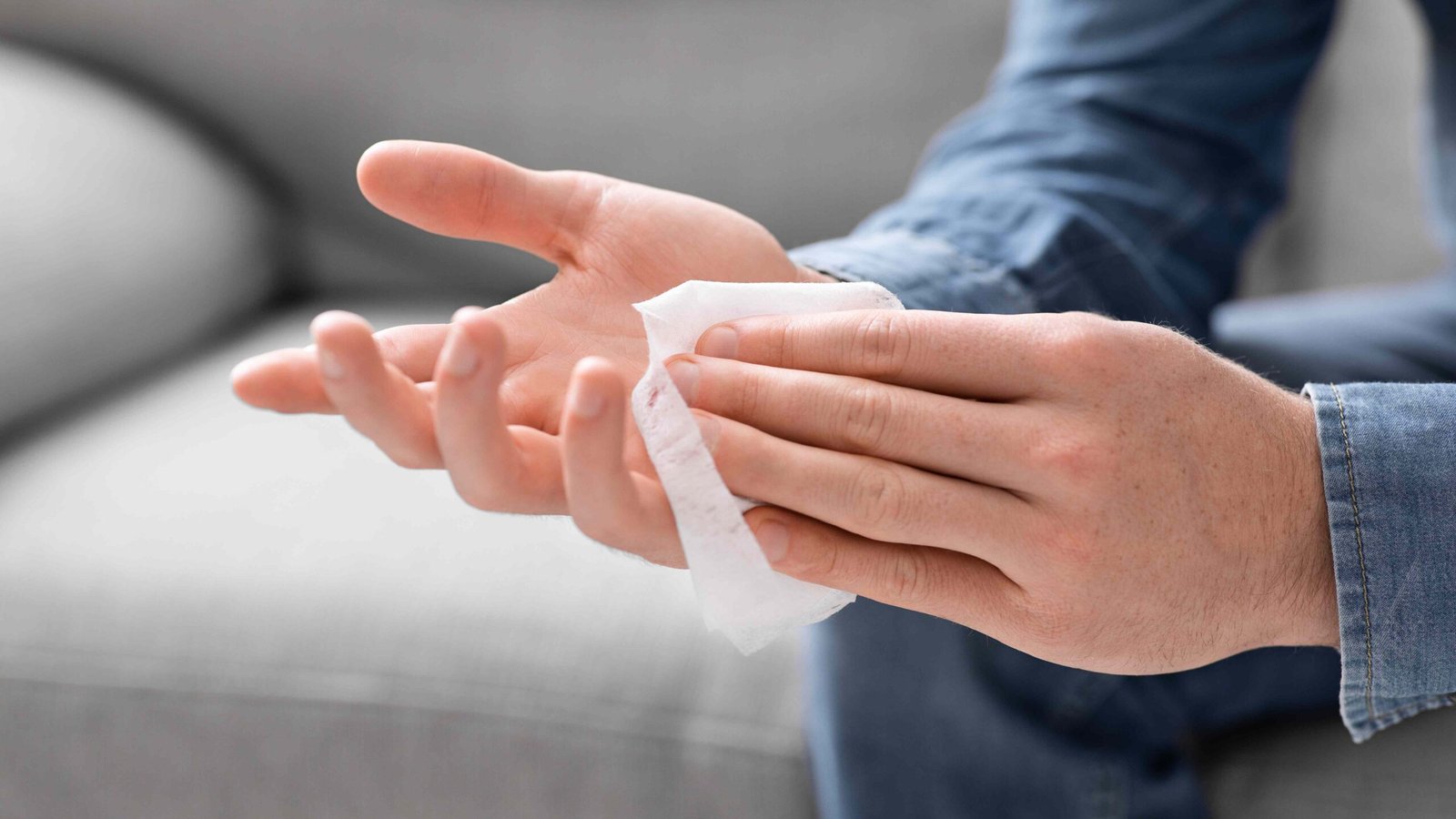
It’s well known that emotions and the gut are powerfully connected—but what about emotions about digestion? Turns out, they can be powerful, too.
About one in three people has some kind of “poop anxiety,” or stress and concern about the timing, frequency, or location of bowel movements. That’s according to a survey Health conducted from June 11–19, which asked 2,001 American adults about their digestive and poop habits.
These results align with what Kathryn Tomasino, PhD, co-director of the Behavioral Medicine for Digestive Health program at the Northwestern Medicine Digestive Health Institute, said she sees in her own patients. Online discourse and the prevalence of digestive disorders, among other factors, could be behind this “poop anxiety” phenomenon, she said.
But it is possible to get bowel movement anxiety under control. Here’s what experts had to say about our survey, plus how you can avoid poop-related stress.
“Poop anxiety” is not actually a clinical term, Christina Jagielski, PhD, MPH, clinical assistant professor and psychologist with Michigan Medicine’s Division of Gastroenterology and Hepatology, told Health. Rather, it’s a type of mental distress called gastrointestinal-specific anxiety.
Often, gastrointestinal (GI) anxiety doesn’t overlap with other mental health conditions, she explained—people will experience concerns solely related to bowel movements.
“Hallmarks include feeling the need to plan where bathrooms are located before deciding to leave the house, anxiety about needing to use the restroom around others (including when friends or romantic partners are in the home), and skipping meals before leaving the home out of concern that one will have to use a public restroom,” Jagielski said.
In our survey, poop anxiety manifested in these and other ways. Results showed:
- 32% said thinking about where and when they’ll poop makes them anxious
- 24% said that pooping is a big source of frustration for them
- 53% reported planning around bowel movements at least sometimes
And the connection between pooping and negative emotions isn’t one-sided. Nearly half of participants said that external sources of stress can also mess with their digestive system (think “nervous poops” or stress-induced constipation).
Our survey also showed that younger adults were most likely to experience poop anxiety or stress-related changes to their bowel habits.
Eighty percent of millennials and 83% of Gen Z reported dealing with at least one of the following:
- Bowel or digestion changes caused by stress or mental health conditions
- Anxiety or frustration around pooping
- Planning around bowel movements
This was meaningfully higher than Gen X at 69% and Boomers at 50%.
Health.com / Datawrapper
Though the reasons for these age-related disparities aren’t totally clear, they may have something to do with the causes behind poop anxiety, Jagielski said.
For one, millennials and Gen Z may be seeing discussions about digestive health online that contain misinformation or push fads and supplements, Tomasino told Health. This may cause more stress and hypervigilance around bathroom habits.
Younger people may also worry more about judgment from others in social settings—including a public restroom. So they may be more likely to experience parcopresis, or a “shy bowel,” which refers to a fear of pooping in public due to social judgment.
“While not universally true, as we mature, one common positive side effect is that we tend to put less emphasis on what others think,” said Jagielski. Aging might simply make you more comfortable with “taking care of business” outside the home.
The prevalence of digestive conditions is another potential explanation. The survey showed that millennials were most likely to have been diagnosed with a digestive condition. And poop anxiety was most commonly reported among people who said they had irritable bowel syndrome (IBS).
Tomasino said this is to be expected.
“For people with GI conditions like IBS, dyspepsia, Crohn’s disease, ulcerative colitis, and others, these gut health problems can absolutely contribute to increased anxiety and stress, which can increase digestive difficulties,” she explained.
Science continues to unravel the intricacies of the gut-brain axis—or, the communication system between the brain and the GI tract. Studies have shown that the gut microbiome may influence stress-related behaviors and feelings, and vice versa.
It’s likely, then, that poop anxiety—whether from a shy bowel, digestive condition, or something else—becomes a self-fulfilling prophecy.
“There is absolutely a vicious cycle where poor gut health contributes to increases in anxiety and worsens mood, and this leads to more digestive difficulties,” Tomasino said.
It can be hard to determine which comes first, but Jagielski said GI anxiety often starts due to unpleasant or embarrassing bowel-related experiences.
“We can then develop increased awareness of our bodily functions as the brain has learned to continually check in on the gut,” she explained.
As this cycle impacts mental health, it impacts overall health, too. About half of the respondents agreed that their bowel habits are connected to their overall health.
If you tend to worry about your digestion or bowel habits, you don’t have to stay in a state of stress. Here are some tips on how to alleviate poop anxiety:
- Recognize there’s a wide variety of “normal.” Anxiety about your bowel habits may stem from the belief that there’s something wrong with them. But “it’s completely normal to poop at various times of day and not only in the morning, or to have to poop out in public,” Tomasino said. “It’s completely normal to skip a day or two, or to have to poop three times in a day.”
- Identify and challenge avoidant behavior. “A common reaction to anxiety is to avoid the situation that makes us feel anxious,” said Jagielski. “While these instincts are understandable, avoidance only serves to increase anxiety.” Try taking small steps to challenge your own avoidance by giving yourself permission to poop in a public restroom, or talking to your friend about your GI struggles.
- Practice deep breathing exercises. Slow, diaphragmatic breathing can help bring down stress levels—even in the bathroom. “[This type of breathing] helps shift our mind away from our gut and helps calm down anxious thoughts and physical signs of anxiety,” Tomasino said. There are many kinds of breathing exercises you can try, including box, 4-7-8, or pursed lip breathing.
- Seek professional help. If poop anxiety is making you cancel plans or avoid favorite activities, it’s probably time to contact a healthcare provider. Online resources such as the Rome Foundation can help connect you with a GI psychologist, GI behavioral medicine expert, or other clinician who treats mental health issues surrounding digestion.
Health.com surveyed 2,001 adults living in the U.S. from June 11-19, 2025. The survey was fielded online via a self-administered questionnaire to an opt-in panel of respondents from a market research vendor. In order to qualify, respondents must be over the age of 18 and living in the U.S. Quotas were implemented in sampling using benchmarks from American Community Survey (ACS) from the U.S. Census Bureau for age, race/ethnicity, and household income.






